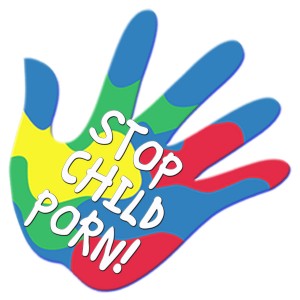
The Department of Social Welfare and Development (DSWD) called on parents and authorities to guard against predators who prey on unsuspecting children and minors on the internet.
The DSWD chairs the Inter-Agency Council Against Child Pornography (IACACP) which is mandated by law to coordinate, monitor, and oversee the implementation of Republic Act (RA) No. 9775 otherwise known as the Anti-Child Pornography Law of 2009.
Members of IACACP are Commission on Human Rights (CHR), Council for the Welfare of Children (CWC), Department of Justice-Office of Cybercrime (DOJ-OCC), Department of Labor and Employment (DOLE), Department of Science and Technology (DOST), National Bureau of Investigation (NBI), National Telecommunications Commission (NTC), Optical Media Board (OMB), Philippine Center for Transnational Crime (PCTC), Philippine National Police (PNP), End Child Prostitution, Child Pornography and Trafficking of Children for Sexual Purposes (ECPAT) Philippines, and Stairway Foundation, Inc.
RA 9775 prohibits any person from employing, inducing, or coercing a child to engage or be involved in “explicit sexual activities, whether visual, audio, or written combination thereof, and knowingly distributes it in any manner.”
Any person found guilty of violating Section 4(a), (b) and (c) of this Act shall suffer the penalty of reclusion temporal in its maximum period and a fine of not less than P1 million but not more than P2 million.
From 2010, the DSWD has managed total of 113 cases of child pornography. Of these cases, 86 have on-going court cases while 27 children have been integrated to their families or are placed in DSWD and NGO managed centers.
The cases are referred by partner agencies from the Philippine National Police (PNP), National Bureau of Investigation (NBI), and non-government organizations (NGOs).
Children victims of cyber pornography who are rescued undergo assessment and are recommended to avail of intervention for their complete recovery and rehabilitation.
The victims and their families may also avail of center-based and community-based programs and services.
Utilizing the multi-sectoral approach, it delivers a complete package of services that will enhance the psychosocial, social, and economic needs of the clients. It also enhances the awareness, skills and capabilities of the clients, families, and communities where trafficked persons will be eventually reintegrated.
The public may report incidences of cyber pornography to PNP-ACG AngelNet Tel. No. 723-0401 local 5354, NBI Hotlines 523-8231 to 38 local 3454/3455, DOJ-Office of Cybercrime Tel. No. 526-2747, and PNP – Patrol 117. ###


